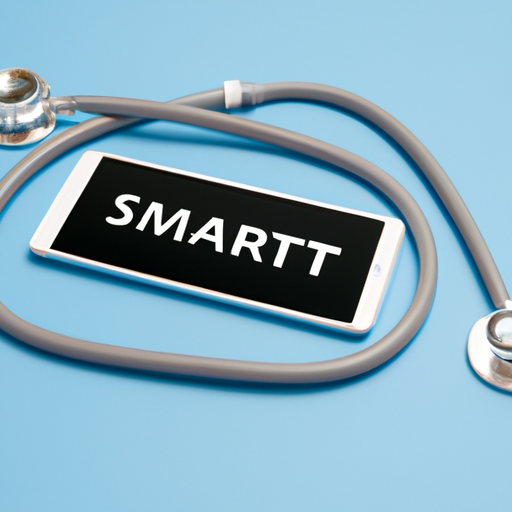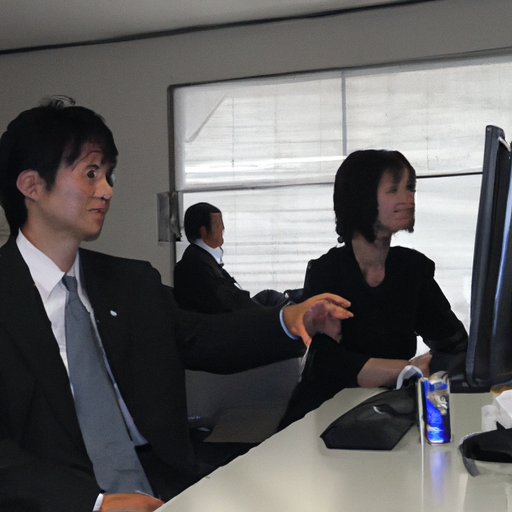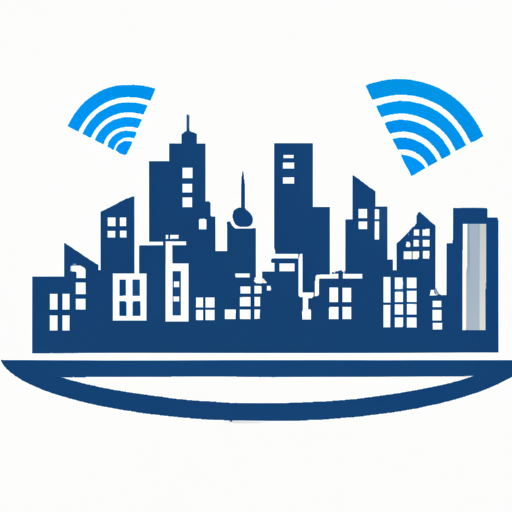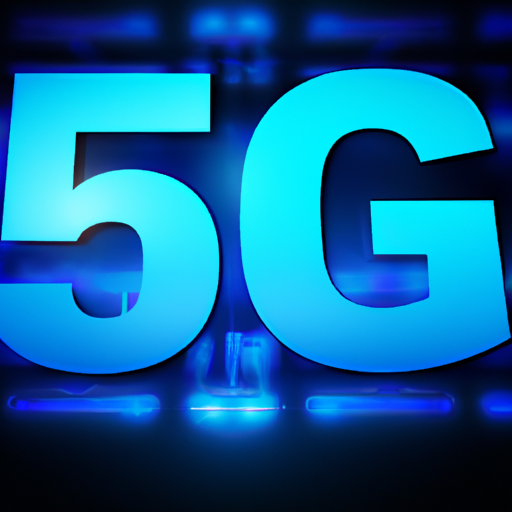In recent years, the healthcare industry has witnessed a remarkable transformation with the advent of smart healthcare devices. These innovative devices, including wearable medical devices, remote monitoring systems, and telemedicine solutions, are changing the way patients interact with healthcare providers, leading to enhanced patient care and improved health outcomes.
The Benefits of Smart Healthcare Devices
Smart healthcare devices offer a plethora of benefits that are essential in today’s fast-paced environment:
- Enhanced Patient Monitoring: Wearable devices can continuously monitor vital signs such as heart rate, blood pressure, and oxygen levels. This constant monitoring allows healthcare professionals to detect potential health issues before they escalate.
- Improved Access to Care: Telemedicine solutions empower patients to consult with their healthcare providers from the comfort of their homes, reducing the need for in-person visits and improving accessibility to medical advice.
- Data-Driven Insights: Smart healthcare devices collect valuable health data that can be analyzed to provide personalized treatment plans and to track patient progress over time.
- Cost Efficiency: By facilitating early detection and prevention, smart healthcare devices can help reduce healthcare costs for both patients and providers.
The Technological Innovations Driving Growth
The growth of smart healthcare devices has been fueled by cutting-edge technologies including, but not limited to:
- Internet of Things (IoT): IoT systems connect medical devices to the internet, enabling real-time data sharing and analysis.
- Artificial Intelligence (AI): AI algorithms can analyze vast amounts of health data to identify patterns and predict patient outcomes.
- Mobile Health (mHealth): Mobile applications allow users to track their health data, access telehealth services, and receive medication reminders.
Challenges and Considerations
Despite the many advantages, the integration of smart healthcare devices does come with challenges. Concerns about data privacy, the need for standardized regulations, and the digital divide hindering access to technology must be addressed to ensure that all patients benefit from these advancements.
Looking Ahead: The Future of Smart Healthcare Devices
As technology continues to evolve, the future of smart healthcare devices looks promising. Innovations such as AI-driven predictive analytics, enhanced wearables for chronic disease management, and expanded telehealth services will further revolutionize patient care.
In conclusion, smart healthcare devices are poised to transform the healthcare landscape, making it more efficient, accessible, and patient-centered. Embracing these advancements will pave the way for a healthier future for all.
Stay tuned for more updates on how technology is shaping the health industry!




